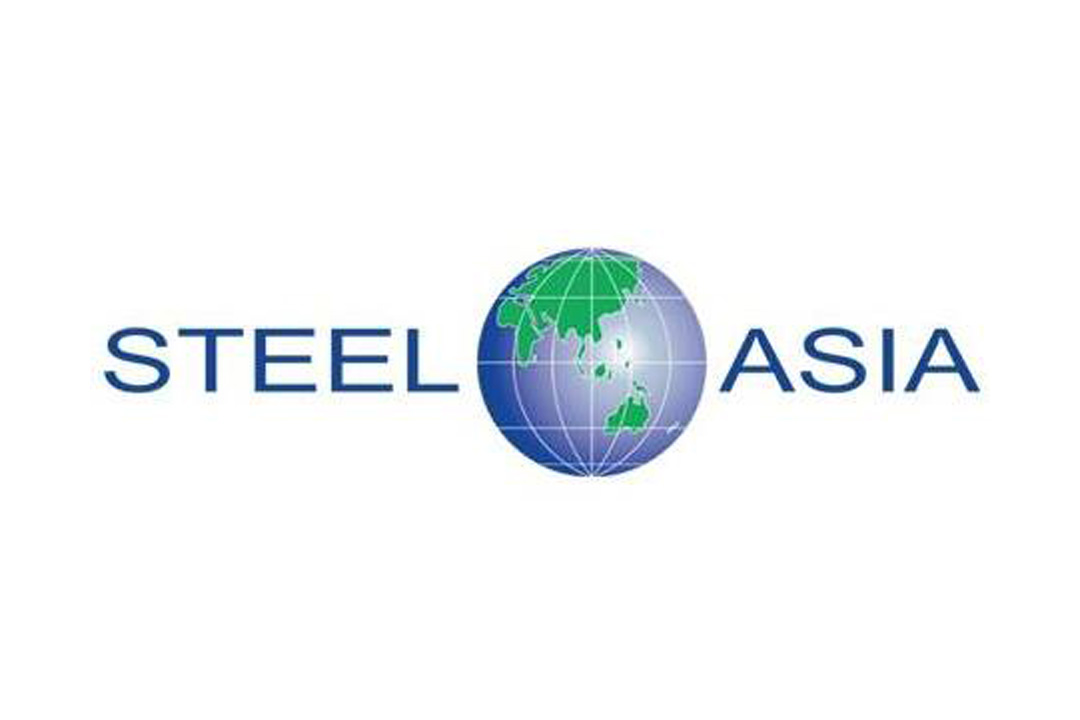
STEEL rebar producer SteelAsia Manufacturing Corp. is set to begin the commercial operations of its largest steel mill, which is in Cebu’s Compostela town, by June this year to increase its production capacity.
In a statement over the weekend, the company said the Compostela steel mill has produced its first reinforced steel bars as it entered the final phases of its commissioning stages.
The facility has an annual production capacity of one million tons of “high-strength” rebars, it said. It will also produce a welded reinforcing mesh, marking the first of its kind in Visayas and Mindanao.
SteelAsia said that it has been “investing heavily” in manufacturing plants to boost local capacity and reduce the country’s dependence on imports.
“This is another major step for our country to be self-sufficient for our steel needs, a goal SteelAsia is committed to pursue. Every single country in the region is self-reliant and the Philippines should not be left behind to depend only on imports,” SteelAsia Chairman and Chief Executive Officer Benjamin O. Yao said.
According to SteelAsia, the Development Bank of the Philippines (DBP) funded the project with P5.7-billion worth of long-term loans.
“SteelAsia and DBP signed the loan agreement in June 2020 and construction was completed in 30 months despite the global pandemic and supply chain disruptions,” the company said.
SteelAsia disclosed that its total annual production capacity is now at three million tons with the nearing operation of the new Compostela steel mill, along with the company’s six other mills across the country.
The company also claimed that it is now the largest producer of rebars in Southeast Asia with the additional capacity from its Compostela steel mill. SteelAsia has two mills in Bulacan and one each in Batangas, Cebu, Davao City, and Misamis Oriental.
The Compostela steel mill is expected to generate 500 direct jobs and 2,500 indirect jobs once fully operational.
“The mill will expand SteelAsia’s capacity to serve different regions, giving builders the benefits of localized product availability, lower logistics cost and a faster response time. This will ensure adequate high-quality and economical steel supply for housing and infrastructure development,” Mr. Yao said. — Revin Mikhael D. Ochave



